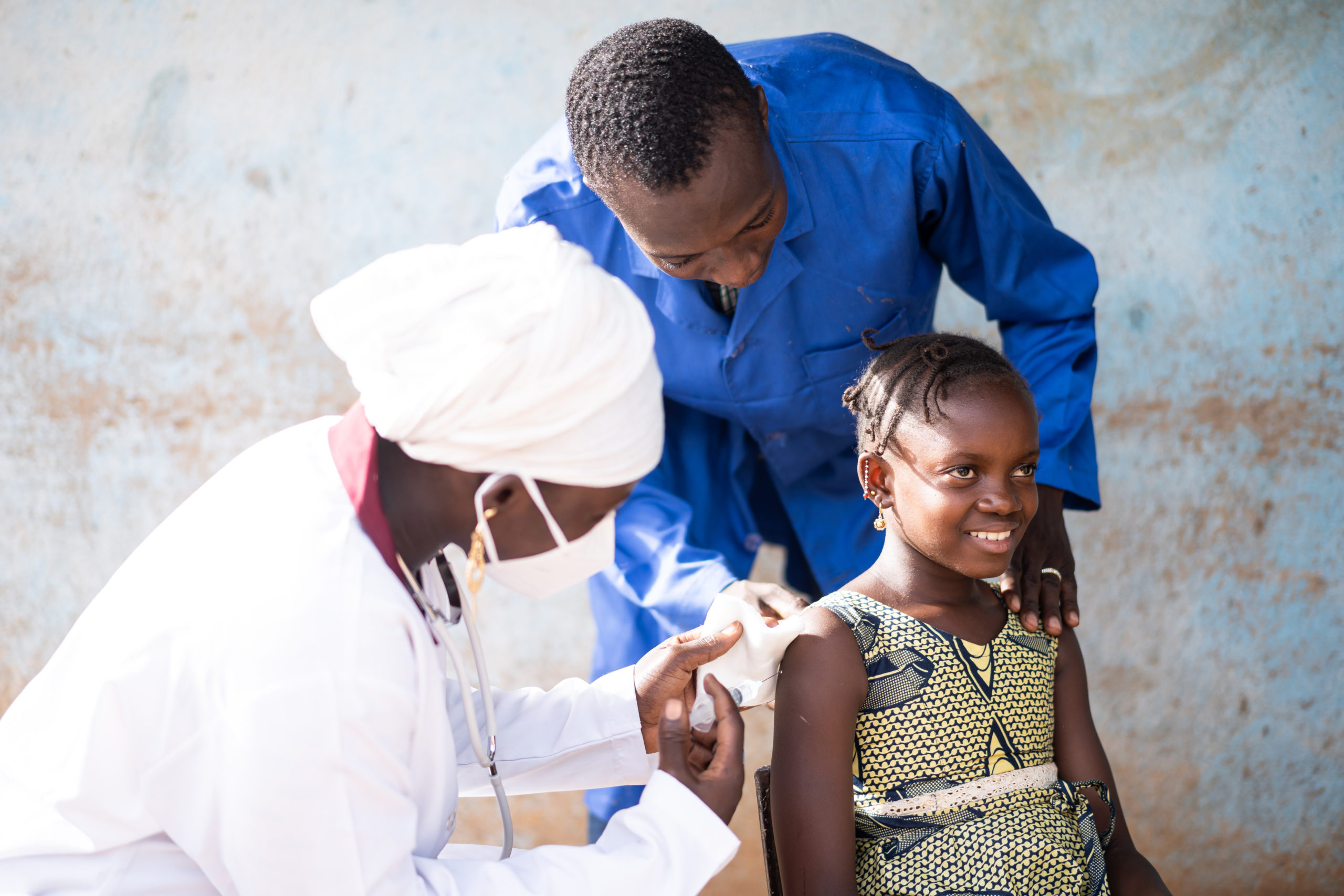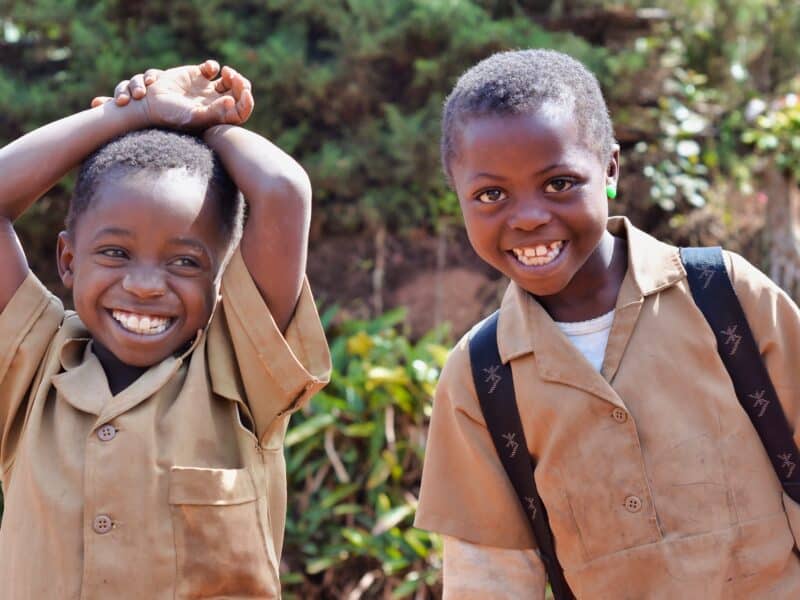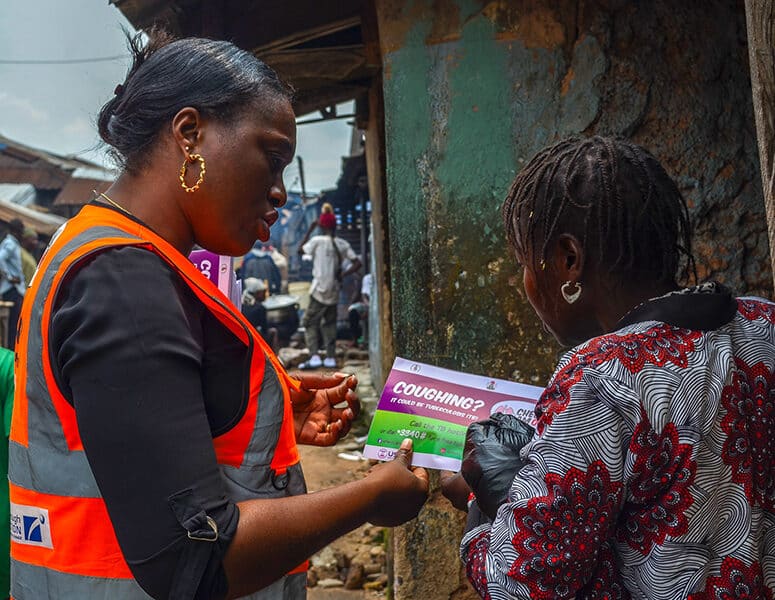The U.S. Agency for International Development has awarded the Johns Hopkins Center for Communication Programs an additional $15.2 million to use over the next year to promote COVID-19 vaccine acceptance and prepare for future pandemics in 18 countries in Africa, Asia and Latin America.
With COVID-19 continuing to spread quickly around the world and the Delta variant proving to be much more contagious than the original outbreak, the CCP-led Breakthrough ACTION project will work with local partners to engage communities on the benefits of COVID-19 vaccines, provide community influencers with quality and timely information, and combat misinformation and false rumors that might make people reluctant to receive these lifesaving vaccinations. CCP will also work to motivate health workers to get the vaccine, as vaccine hesitancy high among this group in many countries.
The new CCP funding was recently provided by the U.S. Congress through the American Rescue Plan Act, which provides nearly $11 billion — approximately five percent of the total funding — to USAID and the U.S. Department of State to fight the pandemic, respond to urgent humanitarian needs, address devastating social and economic impacts and more.
“With the virus continuing to rage around the world, we’ve got to do everything we can to help get people vaccinated & end the pandemic,” USAID Ambassador Samantha Power tweeted on the day the funding was announced.
The most recent funding follows two previous allotments that CCP has used in low- and middle-income countries to help with COVID-19 prevention work.
“Ensuring that people all over the world are motivated to get vaccines is critical to ending the COVID-19 pandemic,” says Alice Payne Merritt, CCP’s deputy director who leads COVID efforts for the center. “We will focus on better understanding local doubts and responding to questions on the COVID-19 immunizations – including how to access the shots – to tailor our strategies and messages to strengthen vaccine confidence in the communities where we work. Once vaccines are more accessible in low- and middle-income countries, people need to be ready to get their shots and it is our job to make sure they get the information they need to make that decision and that health workers are prepared to respond to local attitudes and questions.”
In the United States, 205 million Americans are fully vaccinated – with 74 percent of adults receiving at least one dose of COVID vaccine.
But in the countries where CCP will be using this newly allocated funding – Bangladesh, Burkina Faso, Cote d’Ivoire, Democratic Republic of Congo, Ethiopia, Ghana, Guatemala, Guinea, Indonesia, Liberia, Malawi, Mali, Mozambique, Niger, Nigeria, the Philippines, Senegal and South Sudan – the story is much different.
While 24 percent of Indonesians have received at least one dose of vaccine, according to the New York Times’ global vaccine tracker, fewer than one percent of adults in Burkina Faso and South Sudan have received a single dose. In Nigeria, the most populous country in Africa, just 1.5 percent of Nigerians – nearly 4.5 million people – have received at least one dose of vaccine.
Five months ago, USAID awarded CCP’s Breakthrough ACTION project nearly $6.9 million to promote the uptake of vaccines in 13 countries and, in 2020, awarded $11.75 million to CCP to aid 22 countries in their efforts to encourage behaviors designed to prevent the spread of the disease, including handwashing, mask-wearing and keeping a safe distance from others. The effort reached more than one billion people with COVID-19 messages.





